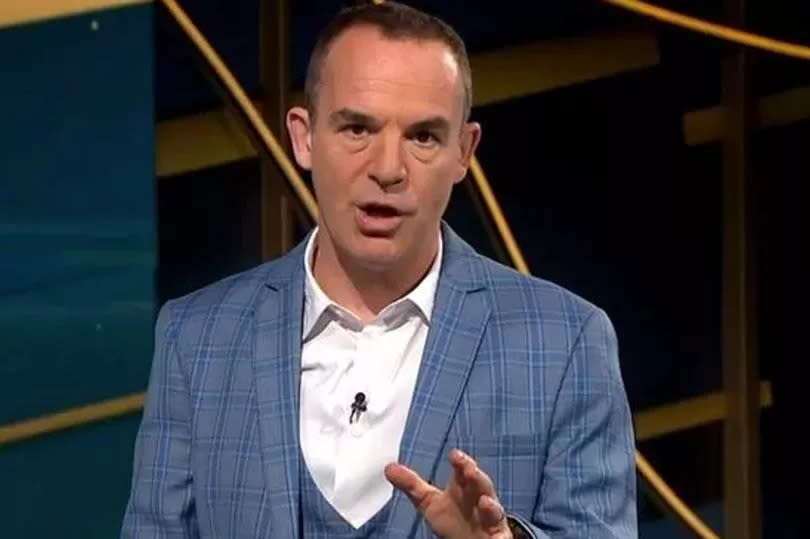Martin Lewis expert issues warning over deadline cut-off for pension credit

Martin Lewis and his panel of specialists delved into the nation's pressing tax queries this week on The Martin Lewis Podcast. The "tax deity" herself, Rebecca Benneyworth, joined the panel, where one viewer's peculiar query about the imminent drop in National Insurance stole the limelight.
During the insightful conversation about the optional top-ups for National Insurance records, Rebecca advised UK residents thinking of bolstering their National Insurance contributions to act swiftly before the deadline on January 31st. She cautioned: "Otherwise you miss the cut-off and you won't get that year's pension credit. That's really really important. Sometimes people (say); 'Oh no can't get around to it, it's only a little bit of interest' but that is absolutely crucial date."
Come April, the National Insurance rates were trimmed by two percentage points with class one contributions retreating from 10% to 8%, while class four, the denomination for the self-employed, is taking a dip to 6%. This overarching adjustment has seen Brits urged to retain a greater portion of their take-home pay due to the milder tax rate.
However, amidst the positive changes, Martin's listener brought up an interesting point regarding those purchasing National Insurance credits. Integral for state pension and Pension Credit eligibility, the acquisition of National Insurance credits, through at least 35 years of contributions, remains essential.
Should there be any shortfalls, Britons have the option to procure voluntary class three or class two credits to bridge these gaps. The listener asked: "With the lowering of the National Insurance rate, those of us with missing National Insurance years or who will have in the future, will it cost less to buy those missing years? " Kari Mellon, founder of Opes Tax, responded by pointing out that despite the tax reduction, the rate for class three voluntary National Insurance credits remains unchanged.
Rebecca echoed this sentiment with a confirmation: "No it hasn't. It's a flat £15 something."
Martin highlighted that Brits typically spend around £800 annually on voluntary National Insurance contributions and aired his frustration while critiquing the systems problems. Alluding to an obsolete form of National Insurance now supplanted by class four credits, he commented: "The corollary of this is class two, which many people no longer have to pay which is if you're self-employed it too was a £3 a week type charge.
"If you still want to pay that on a voluntary basis you can pay that £3 a week even though those who had to compulsory pay it don't pay it any more." At this point, Rebecca grimaced at the uneven nature of the situation describing it as a "perverse system".

 Yahoo News
Yahoo News 
